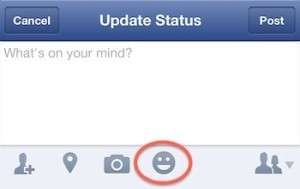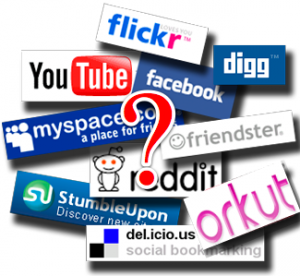 Who has not had a personal revelation and realized that it would make for a great Facebook status update or tweet? Or perhaps something hilarious happened in front of you and your first thought was that you had to share it with your social media community. More and more, our online personas are getting crossed up with our actual personas, causing us to think and create in terms of what will win us attention and praise in our social media circles. This is unhealthy for a number of reasons.
Who has not had a personal revelation and realized that it would make for a great Facebook status update or tweet? Or perhaps something hilarious happened in front of you and your first thought was that you had to share it with your social media community. More and more, our online personas are getting crossed up with our actual personas, causing us to think and create in terms of what will win us attention and praise in our social media circles. This is unhealthy for a number of reasons.
The level at which social media has infiltrated our brains is disturbing. We are not thinking in a natural way or truly living in the moment when we project our thoughts and ideas to a future social media post. It used to be that our private thoughts were private, but presently we carry our social media audience with us wherever we go. We try to think thoughts that would make them laugh, move them and make them think. This inhibits the free flow of ideas that used to come to us effortlessly.
Our focus on being a memorable social media presence is off putting. We have too much of our identities wrapped up in social media. When we have reached the point that our thoughts are only worth having if they would appeal to a social media audience, we have problems. We should be establishing thought and behavior patterns that reflect who we are as individuals and what our personal value systems are. Social media is qualified as a legitimate addiction because of how alluring and accessible it is. We need to be keenly aware of behaviors within ourselves that could reflect an addiction to social media. We need to identify these behaviors and eradicate them in order to be a productive society.
If you catch yourself thinking, “I’ve got to post that later” or “I can’t wait to tweet about this,” a little too frequently, stop to think about whether or not your mental health is in jeopardy.
